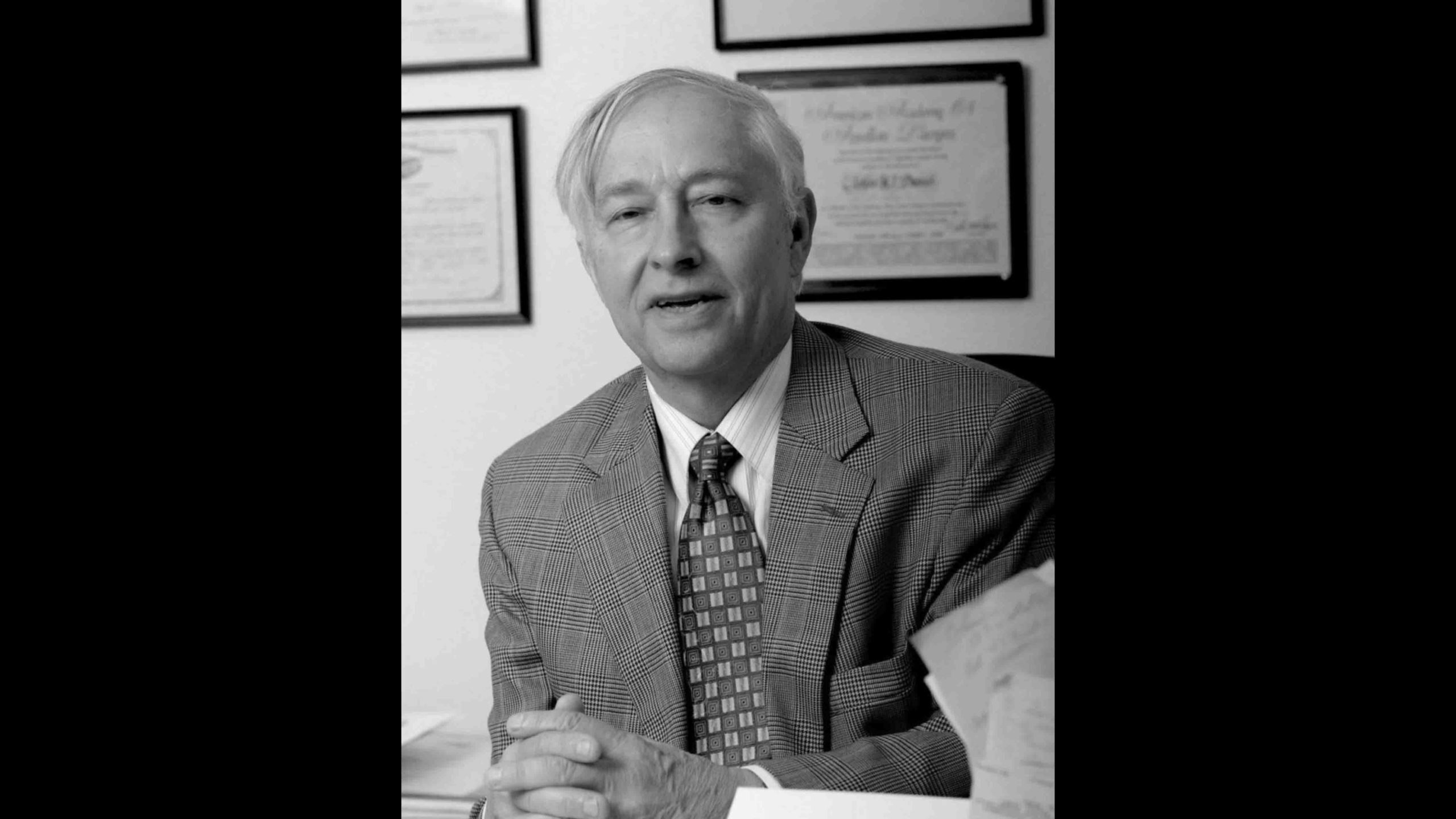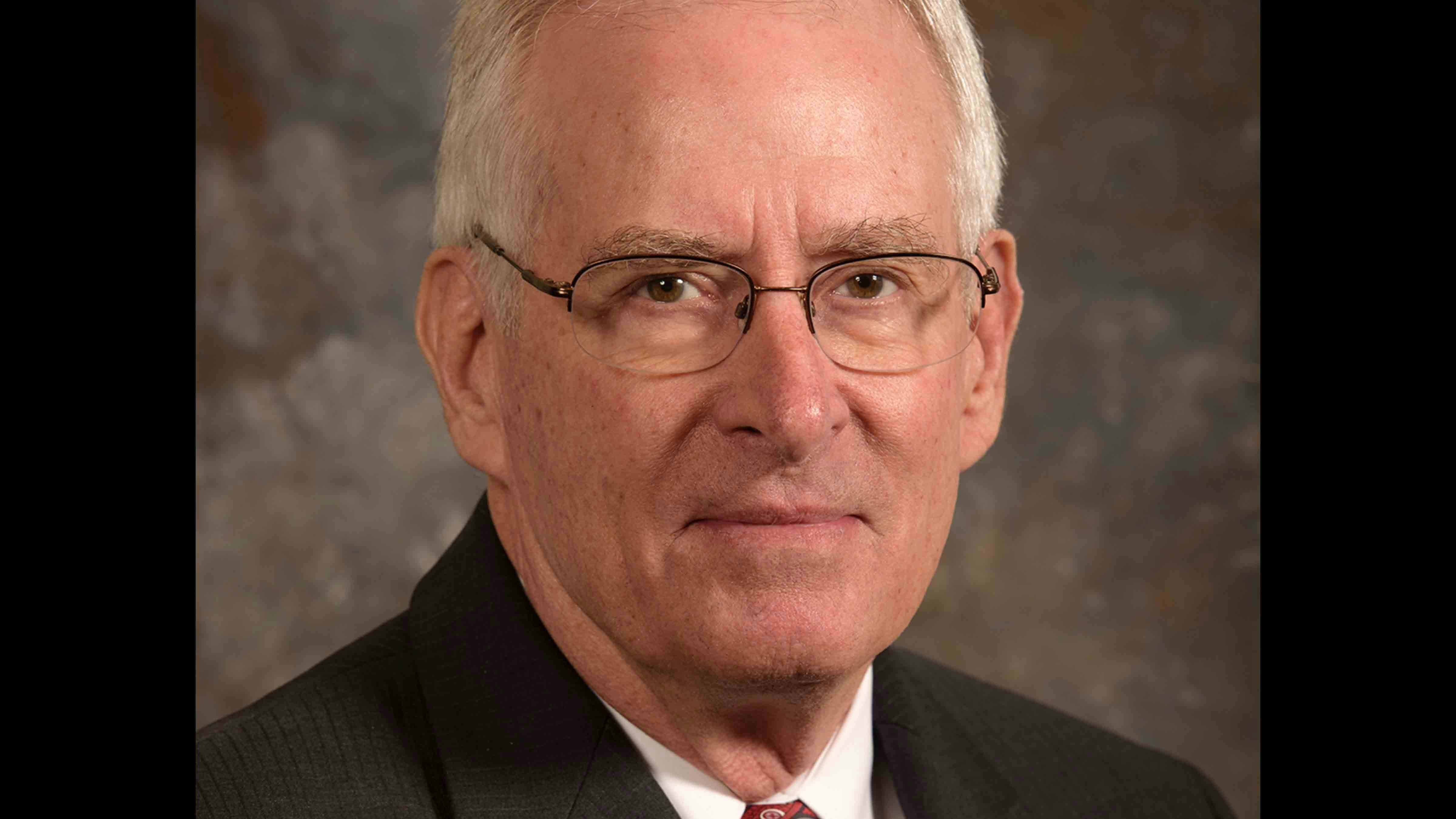This fall has been mild in Worland; less than two weeks ago the high temperatures were in the 80s. But that changed drastically last week. On Sunday, October 25, the weather program on our Ipad declared that it was 16 below, and a usually reliable source told me that the official low that morning was 18 below.
Of course, every fall summer loses its hold and unwelcome freezing temperatures arrive.
In general, Worland is warm for Wyoming. Our elevation is 4,062 feet and we’re supposed to have the longest growing season in the state, some 144 days. But it is still in Wyoming, and in most years our summer is ignominiously extinguished by an arctic cold front.
I don’t remember, however, any year in which it got this cold this early. It probably happened, I just don’t remember it.
I do recall one year, sometime in the 1980s, I think, in which the usual killer arctic cold front arrived with a vengeance; the temperature got down to something like 25 below in the first few days of pheasant hunting season, meaning in very early November.
Being young and stupid I still went hunting on the first day of the season. I just about froze, but did get some birds.
The hunting trip was not fun, however, for reasons other than the temperature. That was the year in which I fired through some Russian Olive trees, thinking that my hunting partner was further to my left than he was, and I accidentally hit him with some pellets. Upsetting experience.
Usually freezing temperatures are not so severe that you have difficulty adjusting. Arctic cold fronts are normally abrupt, although they don’t often go from 80 to 18 below in a short period.
And when the temperatures are this abrupt, and last for a few days, it is hard to adjust.
Even within my home, with the thermostat turned up, it has seemed that the tentacles of the cold have reached into the house and touched me to the core.
I remember the interior temperature within the house being 70 degrees, and still shivering from the cold. I think the reason for this response is that my body didn’t have time to adjust to cold temperatures.
We do change every year, by the elevation of hormones within our blood. Short term exposures, however, do not cause much change in hormonal levels. Longer exposures, on the other hand, accelerate hormonal changes and condition us to cold.
I can remember January days in which it warmed up, to say, a high in the 30s. Having gone through a few weeks of cold winter, it suddenly seemed balmy. You could go outside wearing only a light jacket and not feel uncomfortable from the cold.
Wyoming, for some reason, is especially subject to cold air coming from the north.
I lived for a school year in New Hampshire, and then for two years in New Jersey, and never experienced abrupt weather changes such as I’ve encountered in Wyoming.
I remember a fellow in New Hampshire saying to me that if you don’t like the temperature, just wait a little while and it will change.
And I also remember being crass enough to correct him, noting that the remarkable thing about New Hampshire temperatures was how steady they were compared to the Rocky Mountain area.





